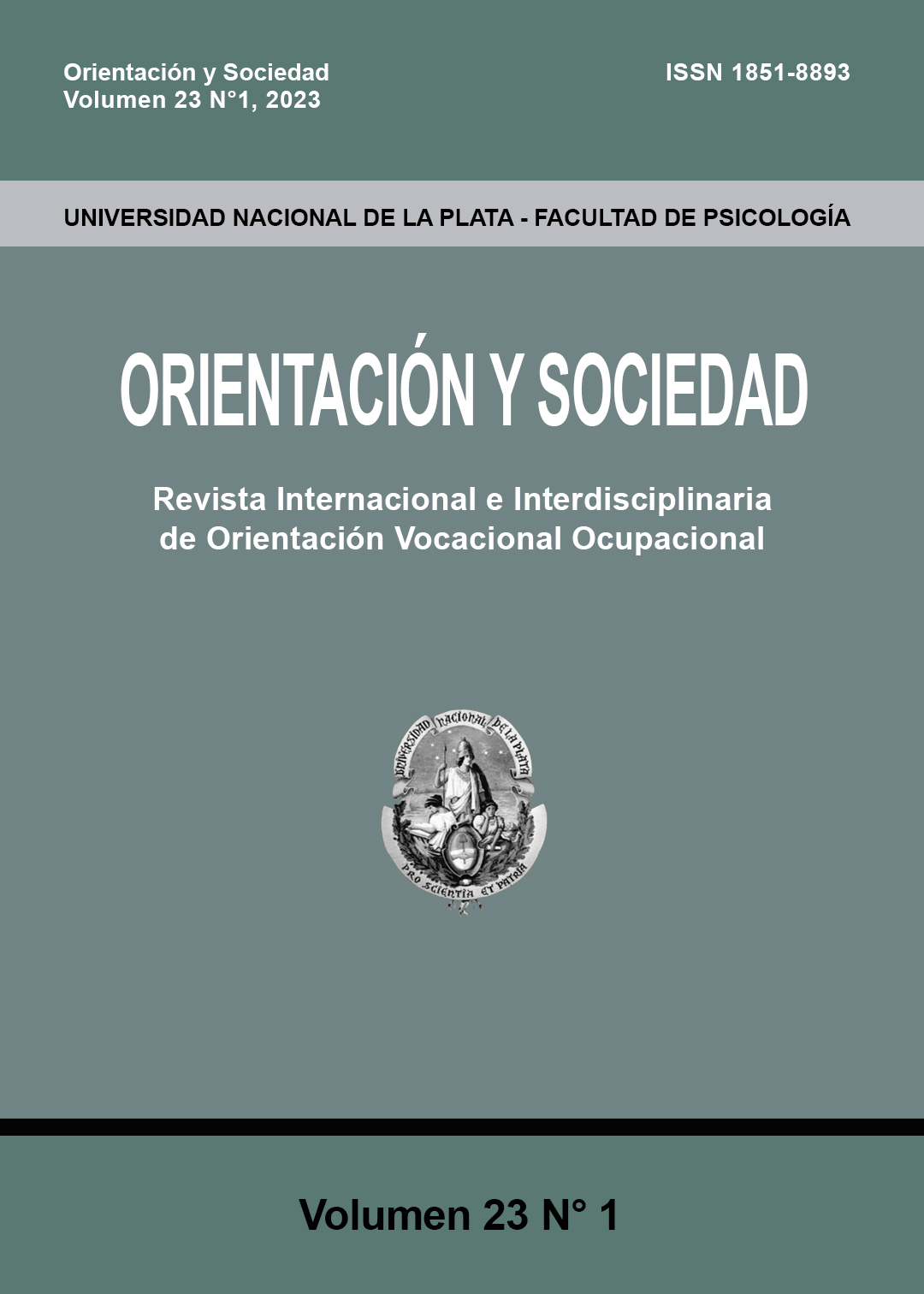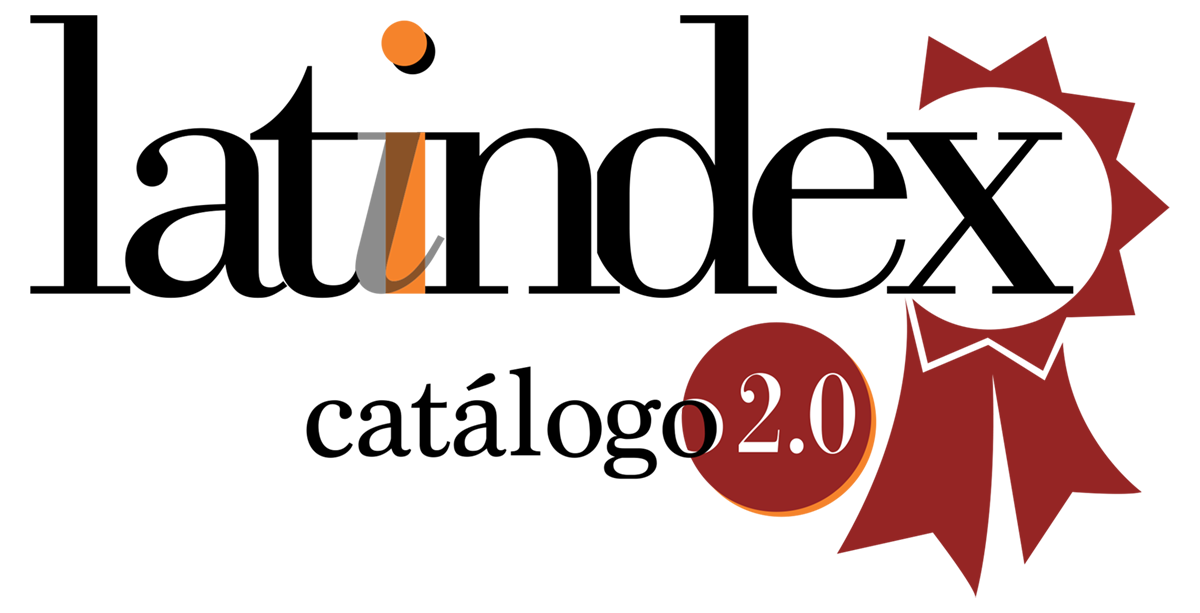Desafíos del aprendizaje de la lectura y la escritura
DOI:
https://doi.org/10.24215/18518893e057Palabras clave:
aprendizaje, lectura, escritura, enseñanzaResumen
La investigación actual sobre el aprendizaje de la lectura y la escritura aborda problemas críticos en relación con los logros alcanzados en distintos tramos del trayecto formativo. A partir de los resultados de investigaciones realizadas a nivel nacional e internacional se hará referencia a las características del lenguaje escrito y los sistemas de escritura en los que se actualiza, por la relación que guardan con los aprendizajes iniciales, especialmente cuando se trata de un sistema de escritura alfabético. Asimismo, se considerarán los aprendizajes más complejos, en particular las habilidades que se ponen en juego en la comprensión y producción textual, en particular al enfrentar el denominado lenguaje académico, propio de los estudios superiores. Finalmente, se harán reflexiones sobre los resultados obtenidos en investigaciones nacionales e internacionales, que ilustran sobre problemas que necesitan ser resueltos en favor de garantizar la efectividad de los aprendizajes en todos los niveles educativos. En tal sentido, se destacan la importancia de los aprendizajes tempranos, por su incidencia en los posteriores, la necesidad de acortar la brecha entre los resultados de la investigación y su articulación con la enseñanza y, por último, la concepción actual de la alfabetización como un proceso que acompaña al ciclo vital.
Referencias
Adams, M. J. (1990). Beginning to read: Thinking and learning about print. The MIT Press.
Bailey, A. (2011). From Lambie to Lambaste: The conceptualization, operationalization, and use of academic language in the assessment of ELL students. En K. Rolstad (Ed.), Rethinking school language. Lawrence Erlbaum Associates.
Borzone, A. M. y Diuk, B. (2002). Aprender a leer y a escribir. El ingreso en el mundo de la escritura desde diferentes miradas. En Fondo de las Naciones Unidas para la Infancia (Ed.), Nutrición, desarrollo y alfabetización: una propuesta integradora a favor de la infancia (vol. 5. Alfabetización).
Chamot, A. U. y O’Malley, J. M. (1994). The CALLA handbook: Implementing the cognitive academic language learning approach. Addison-Wesley.
Dehaene, S. (2011/2015). Aprender a leer: de las ciencias cognitivas al aula (M. J. D’Alessio e Y. Sevilla, trads.). Siglo XXI.
Diuk, B. y Ferroni, M. (2013). ¿Anglocentrismo en los modelos de adquisición lectora? Un estudio en una lengua de ortografía transparente. Summa Psicológica, 10(2), 29-39.
Gombert, J. E. (1990). Le développement métalinguistique. PUF.
Halliday, M. A.K. (1985). Spoken and written language. Oxford University Press.
Halliday, M. A. K. (1993). Some grammatical problems in scientific English. En M. A. K. Halliday y J. R. Martin (Eds.), Writing science: Literacy and discursive power (pp. 69–85). University of Pittsburgh Press.
Liberman, I. (1973). Segmentation of spoken word. Bulletin of the Orton Society, 23, 65-77.
Lundberg, I. (1991). Phonemic awareness can be development without reading instruction. En S. A. Brady y D. P. Shankweiler (Eds.), Phonological processes in literacy: A tribute to Isabelle Y. Liberman (pp. 47-53). Lawrence Erlbaum Associates.
Marder, S. (2008). Impacto de un programa de alfabetización temprana en niños de sectores urbano marginales. Tesis doctoral inédita. Facultad de Psicología de la UNLP.
Martinet, A. (1965/1970). Elementos de lingüística general. Editorial Gredos.
McCardle, P. y Chhabra, V. (Eds.). (2004). The voice of evidence in reading research. Paul Brookes Publishing.
National Reading Panel (2000). Teaching children to read: An evidence-based assessment of the scientific research literature on reading and its implications for reading instruction. National Institute of Child Health and Human Development.
O’Reilly, T., Weeks, J., Sabatini, J., Halderman, L. y Steinberg, J. (2014). Designing reading comprehension assessments for reading interventions: How a theoretically motivated assessment can serve as an outcome measure. Educational Psychology Review, 26, 403-424. https://doi.org/10.1007/s10648-014-9269-z
Observatoire Nationale de la Lecture de France. (2005). L’apprentissage de la lecture à l’école primaire. Ministère d’Éducation Nationale, Enseignement Supérieur et Recherche.
Ong, W. (1982). Oralidad y escritura. Tecnologías de la palabra. Fondo de Cultura Económica.
Piacente, T., Marder, S. y Resches, M. (2006). Condiciones de la familia y el niño para la alfabetización. Comisión de Investigaciones Científicas de la Provincia de Buenos Aires.
Programa para la Evaluación Internacional de los Estudiantes (PISA). (2021). Informe del Programa para la Evaluación Internacional de los Estudiantes. Organización para la Cooperación y el Desarrollo Económicos.
Samson, G. (1985/1997). Sistemas de escritura. Análisis lingüístico (P. Wilson, trad.). Gedisa.
Scarcella, R. (2003). Academic English: A conceptual framework. Linguistic Minority Research Institute, University of California. https://escholarship.org/uc/item/6pd082d4
Seymour, P. H. K., Aro, M. y Erskine, J. M. (2003). Foundation literacy acquisition in European orthographies. British Journal of Psychology, 94(2), 143-174. https://doi.org/10.1348/000712603321661859
Signorini, A. y Piacente, T. (2001). La adquisición de la lectura en español: las habilidades de procesamiento de palabras en lectores iniciales. Revista IRICE, 5, 5-29.
Silvestri, A. (2000). La adquisición discursivo-cognitiva en la escuela secundaria. Habilidades de reformulación y estrategias de memoria. Tesis doctoral inédita. Facultad de Filosofía y Letras, Universidad de Buenos Aires.
Snow, C. E., Burns, S. y Griffin, P. (Eds.). (1998). Preventing reading difficulties in young children. National Academy of Sciences.
Snow, C. E. y Uccelli, P. (2009). The challenge of academic language. En D. R. Olson y N. Torrance (Eds.), The Cambridge handbook of literacy (pp. 112-133). Cambridge University Press.
Torgesen, J. K. y Mathes, P. (2000). A basic guide to understand, assessing, and teaching phonological awareness. Pro-Ed International Publisher.
Trask, R. L. (2007). Language and linguistics. The key concepts. Routledge.
Van Dijk, T. A. y Kintsch, W. (1983). Strategies of discourse comprehension. Academic Press.
Vanni, X. y Valenzuela, J. P .B. (2020). Evaluación del Laboratorio Latinoamericano de Evaluación de la Calidad de la Educación. Organización de las Naciones Unidas para la Educación, la Ciencia y la Cultura.
Descargas
Publicado
Número
Sección
Licencia
Derechos de autor 2023 Telma Piacente

Esta obra está bajo una licencia internacional Creative Commons Atribución-NoComercial-CompartirIgual 4.0.


























